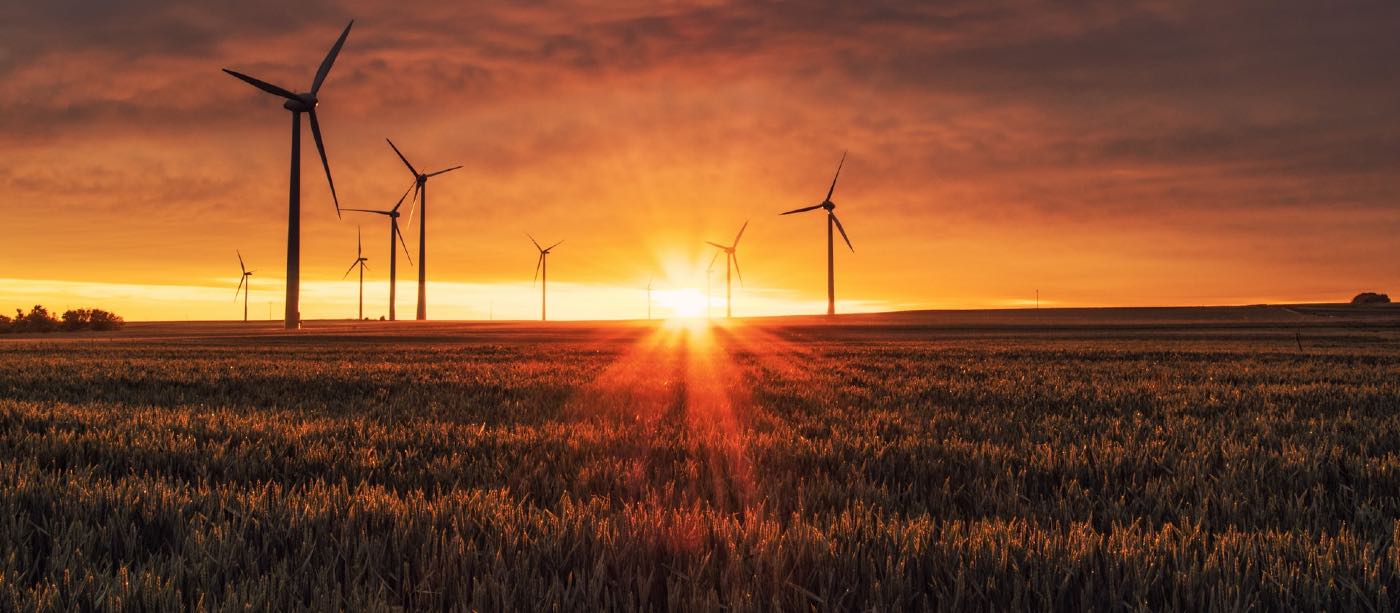For the first time in history, a combination of wind, solar, and other renewables overtook Germany’s coal, oil, and gas, for use as the country’s fuel source during 2020.
A combination of the pandemic, lower demand for electricity, mild weather, cheaper natural gas, and various economic and market factors led to the historic numbers on the data sheets of Western Europe’s biggest consumer of fossil fuels, and the world’s fourth-largest economy.
According to data collected from the German think tank Agora Energiewende, wind power alone supplied more of the nation’s energy than its lignite brown coal plants, while mild weather and warmer months that were largely cloud-free saw solar contributing 40% of the nation’s baseline, a greater share than black coal.
All this clean energy led to a whopping 10% dip in the emissions of greenhouse gases compared to the previous year, contributing to what Agora described as “the end of coal.”
Heralding the end of coal
This can be attributed to market and policy forces that both increased the cost of running coal plants, and decreased the cost of renewables.
“Lignite-fired power plants delivered 22.3 terawatt-hours less than in 2019 (-19.6 percent), while coal-fired power plants lost 15 terawatt hours (-26.1 percent),” wrote the authors of the Agora think tank report. “Coal-fired generation has thus shrunk by more than half since 2015.”
It wasn’t only coal that suffered in 2020, but the fossil fuel sector as a whole.
“…Germany’s greenhouse gas emissions fell significantly in 2020, coming in 42.3 percent below the reference year of 1990, [and] Germany thus met its 2020 climate protection target of a 40 percent reduction,” wrote the authors.
Certainly though, the advent of COVID-19 played its part in the reductions. According to their estimates, greenhouse gas emissions fell by 80 million metric tons, and the grid share of renewables was 46.2%.
MORE: UK Debuts Geothermal Plant Using Heat From the Earth to Power 10,000 Homes
If the effects on the economy, movement, and energy consumption from COVID-19 were subtracted, the growth of renewable energies would be about 2 percentage points less.
Environment minister Svenja Schulze noted that COVID did not deserve all the credit for the reduction in emissions, and that climate policy decisions had been building ground swell for these changes to happen on their own.
“Emissions are already falling significantly for the third year in a row,” she wrote on Twitter, translated into English.
Indeed, and again according to Agora, rooftop solar panel installations went up by 25% in 2020 compared to 2019.
CHECK OUT: Renewable Energy Defies COVID-19 Downturn To Hit Record Growth in 2020
“Whether solar cells, solar storages or solar collectors – this year they were virtually snatched out of our industry’s hands,” said Carsten Körnig, managing director of lobby group BSW Solar, to Agora.
SHARE the Good Green News From Germany With Friends…




















